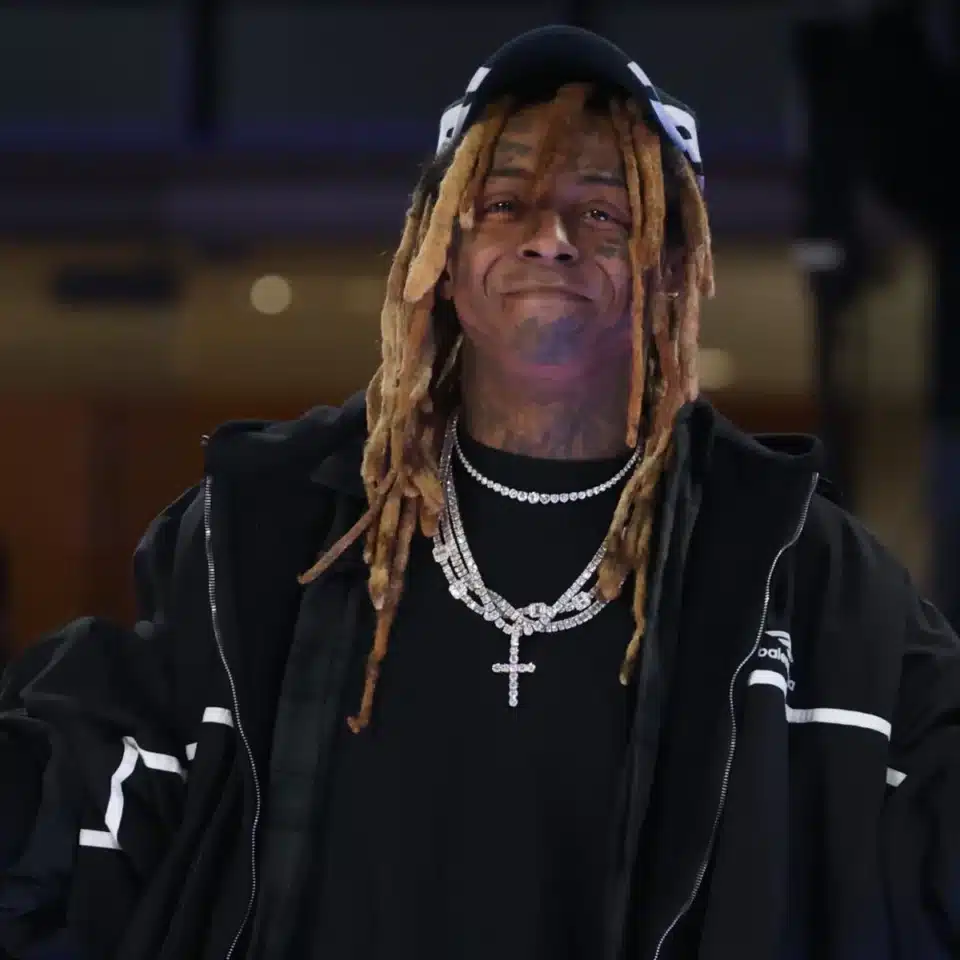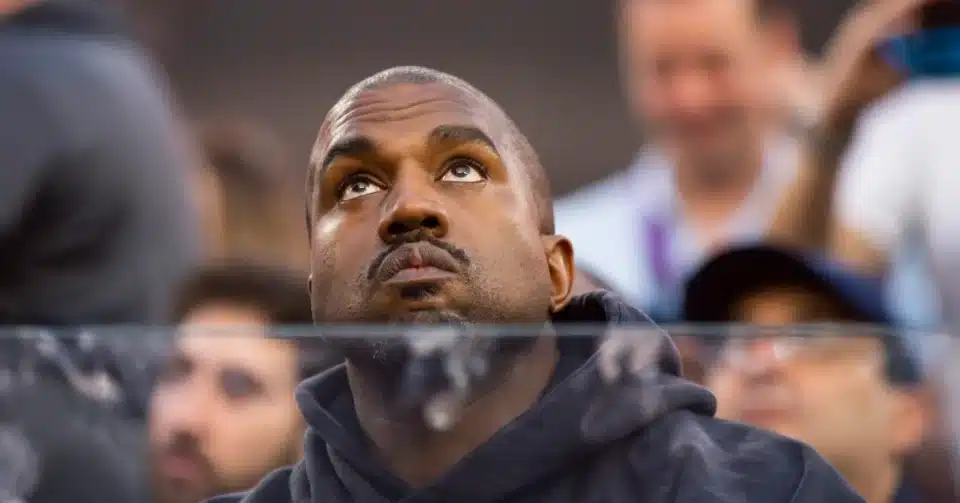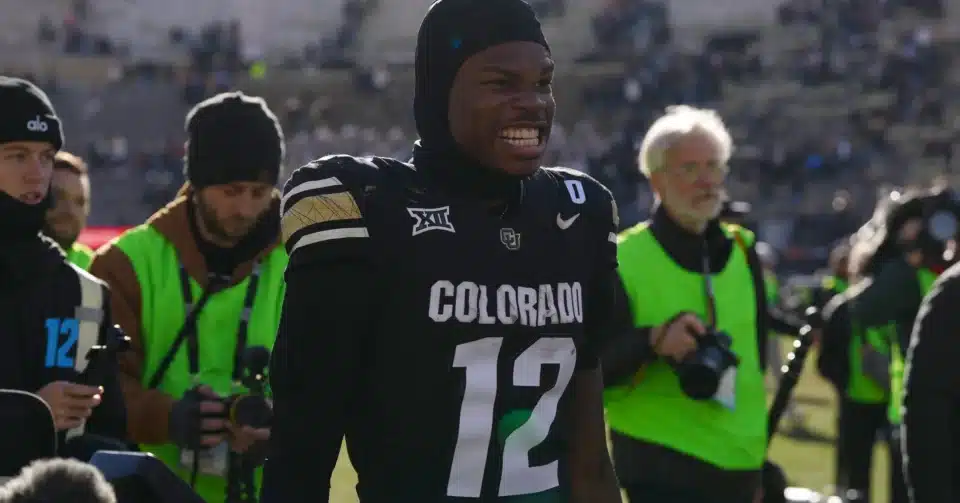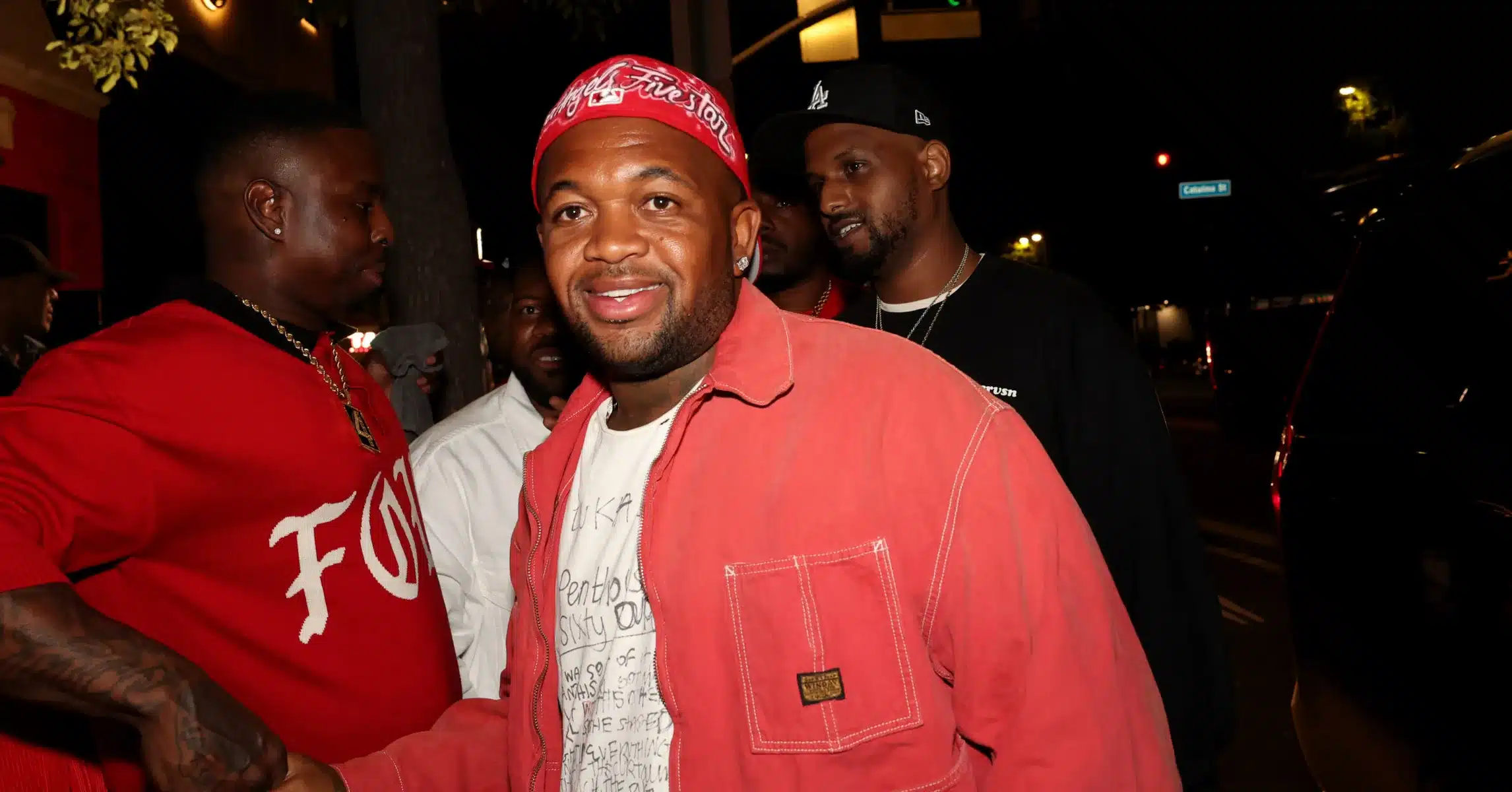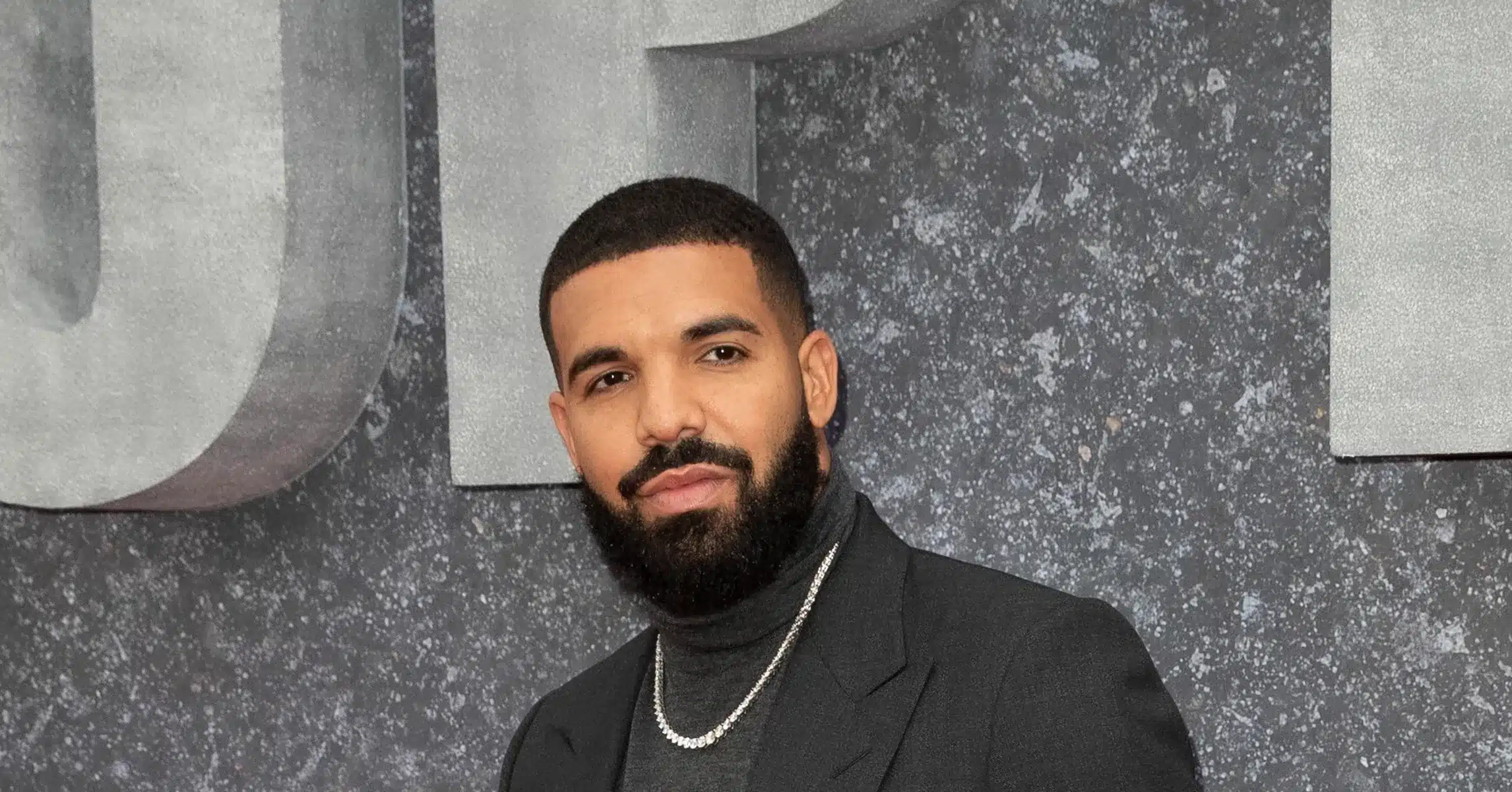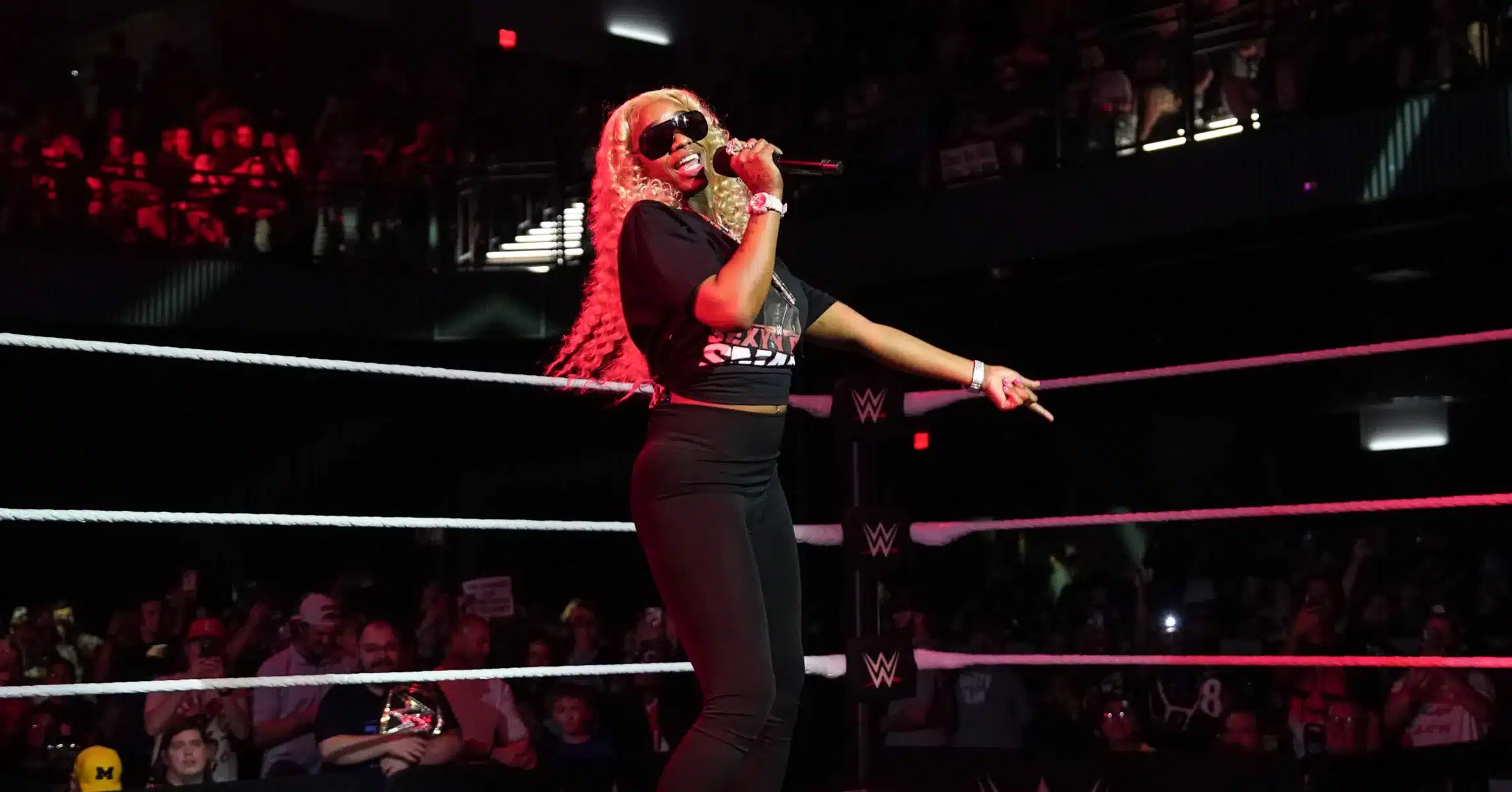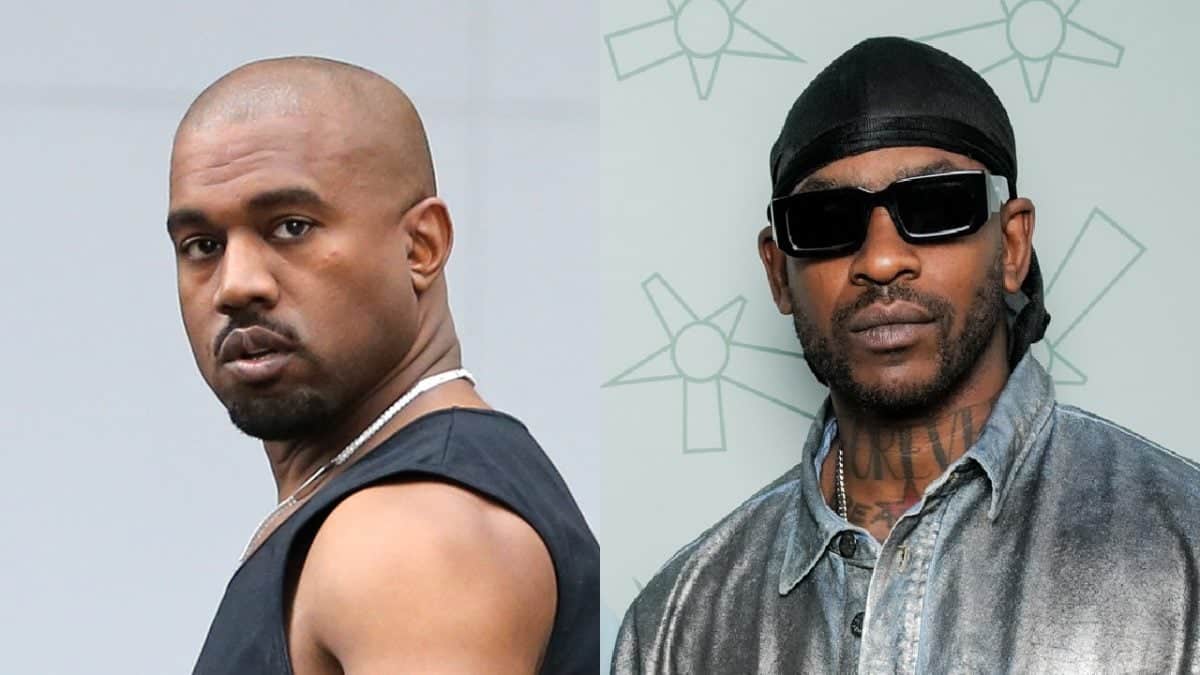In the world of hip-hop, few records are as iconic as Lil Wayne’s “Lollipop.” Released in the late 2000s, it became a chart-topping sensation. But recent claims have stirred up surprising controversies around its creation.
Pleasure P, former member of the R&B group Pretty Ricky, has made bold assertions. He insists he played a role in writing “Lollipop,” yet remains uncredited. The revelation raises questions about recognition in the music industry. It’s been quite the buzz on social media, and it’s not a tale to ignore.
Pleasure P Steps Forward
Pleasure P took to social media to voice his disappointment. Despite his alleged contributions to “Lollipop,” his name doesn’t appear on any credits. He’s openly expressed his desire for recognition and compensation, claiming he deserves $28 million that allegedly went unpaid. Fans and industry insiders alike are paying close attention to these developments.
The Success of “Lollipop”
When “Lollipop” debuted, it was an instant hit. Holding the number one spot on the Billboard Hot 100 for five weeks, the track even secured a Grammy for Best Rap Song in 2009. Its success helped Lil Wayne cement his status as a leading rapper of the era.
The song’s commercial achievements are undeniable, and Pleasure P argues that his input was part of that success. He believes the song wouldn’t have reached its iconic status without his contributions.
A Call for Change
Pleasure P’s experience sheds light on a bigger issue within the music industry—proper recognition for creative contributions.
As artists strive for fairness, platforms like social media amplify their voices. Pleasure P’s plight might influence how upcoming artists approach collaborations and contracts.
Will Pleasure P’s assertions lead to significant change? Only time will tell. Many hope that these public disputes drive necessary reforms.
A Look Back at “Lollipop”
“Lollipop” remains one of Lil Wayne’s most successful songs. It brought a new sonic era for hip-hop, combining catchy hooks with memorable beats.
Even years later, the song is frequently played and continues to impact new listeners. Its influence reflects the collaborative effort behind its creation.
Pleasure P’s Plea
Pleasure P wants more than credit. He’s seeking validation for his artistry and hard work.
He urges those involved with “Lollipop” to reconsider the dealings made at the time. He’s hopeful that speaking out will promote transparency.
Evolving Industry Dynamics
As the music industry evolves, so do its challenges. The digital age has introduced new ways for artists to voice concerns and share their stories.
Pleasure P’s situation serves as a reminder that fame and fortune aren’t without complications. Navigating these complexities demands vigilance and advocacy.
Whether his claims will bring about change remains uncertain, but they add to an ongoing narrative—a call for justice in music.
Awaiting Responses
While the controversy unfolds, reactions are mixed. Some industry insiders call for careful examination of Pleasure P’s claims.
With or without official credit, his willingness to speak out adds weight to the discussion. The music world awaits more clarity.
Could this spark a revisitation of the song’s credits? It’s a possibility that intrigues many.
Pleasure P’s claims have reignited vital conversations about credit in the music industry. His story sheds light on the struggles many face in receiving due recognition. It’s a reminder of the importance of acknowledging contributions and the potential changes needed in the creative world.
